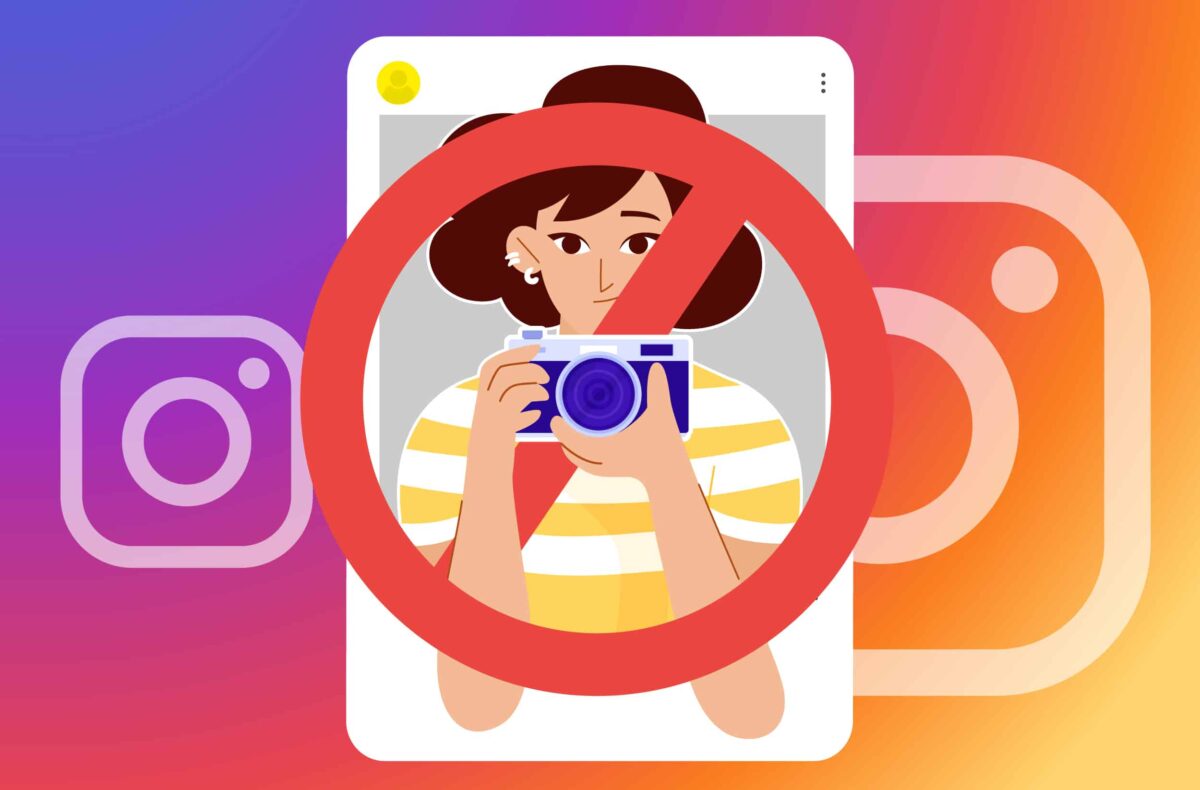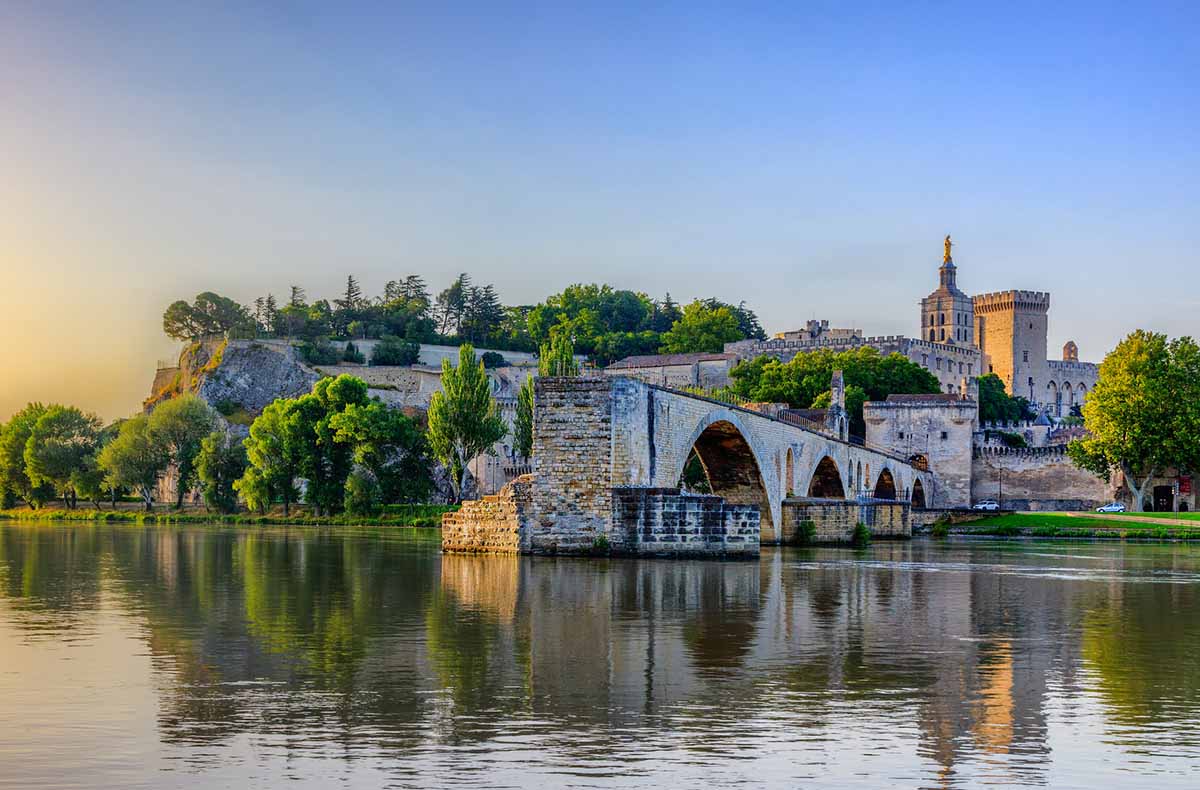
Like most people who define themselves as travelers, I’ve spent a lot of time thinking about cameras. Would a DSLR be that much better than a traditional point-and-shoot? (Yes.) Would it be better than my old iPhone? (Depends.) Should I spend several hundred currency units on this pro-quality lens that, according to the guy in the shop, is absolutely indispensable for Serious Photographers Who Are Passionate About ______? (No, but common sense has never stopped me before.)
However, only in recent years has a more challenging question poked its way into my consciousness: should I travel with a camera at all?
A few quick points before we continue. Yes, this is the definition of a “First World problem.” Come to think of it, “First World” is a loaded term with unflattering historical baggage, and the mere mention of it brings to mind a dozen worthy topics that are (unfortunately) outside our scope (but you, if you’re so inclined, should certainly write about them). Also—yes, I myself have traveled sans-camera, so this is not merely a navel-gazey hypothetical. Not entirely, at least.
The arguments for traveling without a camera are simple and persuasive, as long as they’re not being made by your dad. By now we all know that Instagram is ruining popular travel destinations around the world, as travelers mindlessly stampede from one picturesque locale to another in search of the perfect ego-boosting selfie. Every year or so there’s a “death by selfie” story that briefly catches the internet’s attention, and inspires a new round of chin-stroking about the perils of social media-inspired narcissism while traveling. We’re so busy watching the world through our screens, so the argument goes, that we forget to watch where we’re walking—even if that’s off a cliff. Only by renouncing the devious pleasures of technology can we hope to be safe, or free, or happy. And, by extension, only by leaving our cameras at home can we hope to travel in the pure and natural way that we’re supposed to travel.
Now, it’s clear this line of thinking is flawed at best. Traveling without a camera is an impossibility, strictly speaking, unless you’re one of the roughly seven adult humans alive who have 1) the internet access necessary to read this article 2) no smartphone. And there’s nothing inherent to having a social media account—nor taking pictures to share on it—that requires people to be boorish jerks who stumble off cliffs or into helicopter blades with a single-minded focus on their own cheekbones.
But… you know… doesn’t it still seem like the pendulum has swung a bit too far in the direction of Shoot First, Ask Questions (Like, “Who the Fuck Would Want to Look At This”) Later? And isn’t it true that most of the vacation photos you’ve ever taken end up metaphorically moldering in your memory cards? And, In light of all this, wouldn’t it be reasonable to change the way we approach taking pictures while traveling?
Hell yes! But this is one of those frustratingly frequent times in life that actually call for half-measures.
Traveling without a camera does little except make you uneasy while you’re on the road and regretful after you return—at least if your brain chemistry is semi-similar to mine. It doesn’t make your trip more “pure” or your experience of a place more “authentic,” as I can regretfully inform you from personal experience. What’s much more effective—though less satisfying to announce to your friends and family—is simply exercising slightly more self control.
To wit: several years ago, I spent a few weeks hopping across Indonesian islands in a poorly-conceived effort to find my bearings after a traumatic life event. Before leaving, I convinced myself that taking photos during this trip would spoil it somehow—make it less, I don’t know, profound or something. Although it was my first time in the archipelago, I’d seen jungles and beaches before, seen temples and villages before, seen sunsets and thunderstorms before. The memories etched into my brain should have been enough.
Five years later, and guess what? I really wish I had some pictures of that trip! I wish I’d taken the time to crouch beside the waterfall shrine and see the droplets sparkling in the late morning sun; I wish I could remember how the dive boats were painted. I wish I had recognized this sense of loss when I first felt it after my return; I wish I had learned from this mistake on a subsequent trip to Egypt that also lives on, in large part, only in the unreliable recesses of my mind. I’ll never get those moments back, and I’ll never remember what I was wearing when I experienced them.
Ten years from now, if I’m lucky enough to live that long, I’m not going to derive any satisfaction from knowing I was better than the Instagram-crazed crowd. Nothing will be gained from depriving myself of tools just because others used them poorly. All that I’ll have is fewer mementos to look back at, either alone or with people I love. And it all could’ve been avoided if I’d just listened to the lame, centrist dad-ass voice in my head and taken the middle way—neither shunning photographs nor being obsessed with them, only exercising a little self control.



